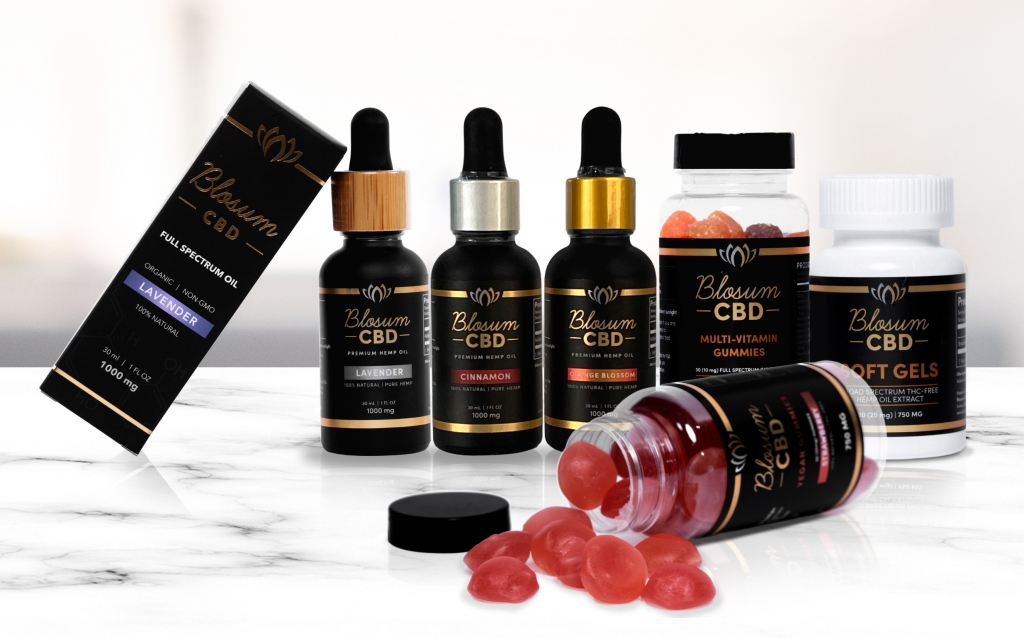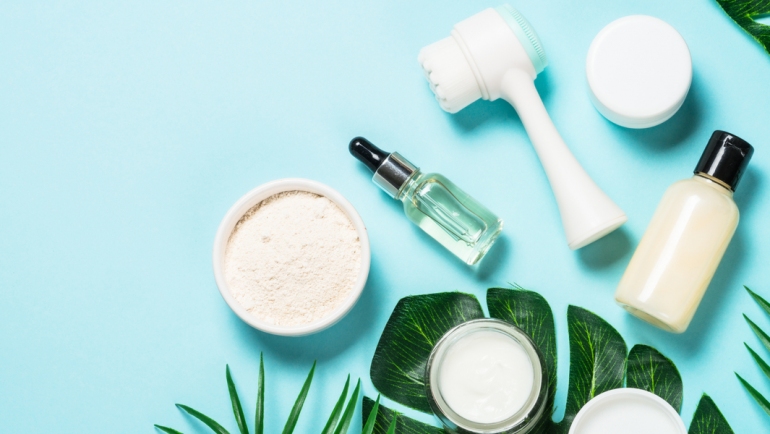Best Ways to Reduce Stress

Due to the hectic pace of contemporary life, it’s helpful to know the best ways to reduce stress. It’s a natural response of the human body, but we can only bear a certain threshold.
Once we exceed our limits, stress can damage our physical and mental health. Know how to reduce stress in order to maintain your overall well being.
What is Stress?
The American Institute of Stress defines it “as a state of mental or emotional strain resulting from difficult or demanding circumstances.” We may feel stressed after strenuous physical activity. People may even feel overwhelmed by their daily routines and eventually experience stress. These stimuli induce varying stress levels based on numerous factors.

The type of stress people may experience can either be chronic or acute. Most folks feel the former in their daily lives, whether at work or in school. On the other hand, one event may have such an impact that it causes stress as well.
People possess an innate ability to deal with stress, but only at a certain limit.
Our bodies have a specific process for stress. The brain assesses every situation we encounter and determines if it requires a stress response. If it does, the part of the brain called the hypothalamus activates, triggers the adrenal glands to secrete the stress hormone called cortisol.
What Causes Stress
To understand how to reduce stress, we must first know what causes it. People often think outside forces cause this response, but it may also come from within us. We all have our triggers, and we should identify their sources. This will greatly help in finding the best ways to reduce stress.
We mostly attribute our stress to various phenomena in our lives. The most common one is the workplace, where adults contend with insurmountable workloads and urgent deadlines. An unexpected event may also cause stress, such as a sudden eviction. Marriage, bereavement, and other significant life changes can also elicit this reaction.
Our individual paradigms and beliefs may also bring stress. For example, it can come from pressure to rise above the corporate ladder. In addition, our emotions may also cause this uncomfortable sensation. We can feel stressed before speaking to a wide audience or while waiting for a medical test result.
The Effects of Stress on the Body: Research
It’s important to note that stress is not a purely negative phenomenon. Contrary to popular belief, it has positive benefits that actually helps us function daily.
Unfortunately, we often exceed our body’s tolerance for stress, so it causes negative effects. These can be quite detrimental to our daily lives, and may even cause illness or death.
Positive Effects of Stress
We usually try to learn how to reduce stress due to our negative outlook. While it’s good to know the best ways to reduce stress, we must learn its positive benefits too. It’s a natural coping mechanism that helps us perform in demanding situations.
It only becomes harmful when we experience it too frequently or too severely.

Surprisingly, stress can actually make us feel good during certain situations. It can provide a needed energy boost to spur us in doing something. It can even direct our energy towards a certain goal. In small amounts, stress can help people complete tasks more efficiently.
The uncomfortable sensation stress brings actually warns us of impending danger. It triggers the body’s fight-or-flight response, raising our heart rate and blood pressure. It triggers the release of hormones like cortisol, epinephrine, and norepinephrine as well. Together, these may save us avoid hazards such as an oncoming vehicle.
It can even help our long-term overall health in certain ways. For instance, stress can help strengthen our immune systems and defend against infection. It may improve overall cardiovascular health and facilitate physical recovery.
A study found that people who experienced moderate stress levels were able to recover quickly after surgery.
Negative Effects of Stress
We must learn the best ways to reduce stress due to contemporary life. The American Psychological Association found that more elderly Americans suffer from stress. Their study found that it’s fueled by fear for America’s future, lack of money, and problems at work.
In response, we must learn how to reduce stress to avoid its negative effects.
The UK’s Mental Health Foundation lists the various physical and psychological impacts of stress. One of the bodily effects of stress is it increases the likelihood of irritable bowel syndrome and stomach ulcers.
It may also affect your heart, causing various cardiovascular conditions. Worse, it may encourage unhealthy habits for stress reduction, such as smoking and drinking.
The negative effects of stress truly pervade various parts of the body. Our muscles tighten when stressed and may ache as a result. It could encourage the use of pain relief medication, eventually causing addiction. While the immune system strengthens during stress, it can also weaken after repeated exposure.
Stress can damage psychological health as well. It increases the likelihood of chronic anxiety and depression, so it may promote suicidal thoughts. In response, a person may resort to self-harm, sometimes with lethal consequences. Moreover, it can exacerbate symptoms of mental health illnesses and cause a relapse.
How to Reduce Stress
As stress mostly involves the mind, the best ways to reduce stress tackle internal factors. These all involve keeping you healthy in a variety of ways.
Some of these methods improve your physical health to also help your brain manage stress better. The others boost mental health and enhance overall mood.
Exercise
One of the best stress-relieving activities is regular physical exercise. A quick jog around the neighborhood triggers the release of invigorating endorphins.
It also improves your sleep, further boosting stress relief. Exercise may be considered as “meditation in motion” as it eases a day’s tension.
Try Supplements

You can try various health supplements in order to relieve stress. These are be found in your local pharmacy or prescribed by your physician.
Alternatively, try the best CBD products as health supplements for stress relief instead. They contain cannabidiol, a hemp extract with restorative potential.
Get Enough Sleep
Getting enough sleep helps in combating harmful stress. Doing so restores our bodies and improves our mood for the following day. This enables people to handle upcoming stress, so they avoid their negative effects.
Moreover, sleep prevents excessive levels of adrenaline and cortisol in the body, so we don’t feel irate in the morning.
Eat Vegetables
Another way on how to reduce stress is by eating more vegetables. It’s one of the best ways to reduce stress since it provides nutrients as well.
In fact, a study from the University of Sydney found that it reduces overall rates of mental stress. Eat certain vegetables like spinach to increase magnesium levels and lower stress.
Minimize Caffeine Intake

Decrease your caffeine consumption to feel less stressed. We often drink coffee or tea as a regular morning habit. While these make us feel energetic, they also cause us to perceive more stress.
However, reduce your intake gradually as stopping abruptly may cause headaches and hinder concentration.
Perform Relaxation Techniques
You may take deep breaths in certain ways to reduce stress. Perform breathing exercises like pursed-lip breathing or deep breathing. On the other hand, you may engage in guided imagery to induce feelings of relaxation.
It simply involves imagining a relaxing scenario, such as a beach or mountaintop.
Is CBD Legal? Hemp-derived CBD products (with less than 0.3 percent THC) are legal on the federal level. Moreover, these statements have not been evaluated by the Food and Drug Administration. This product is not intended to diagnose, treat, cure, or prevent any disease and products that have not been FDA approved. Likewise, you must be at least 21 years old to purchase these products. Talk to your physician or medical doctor for additional information.



